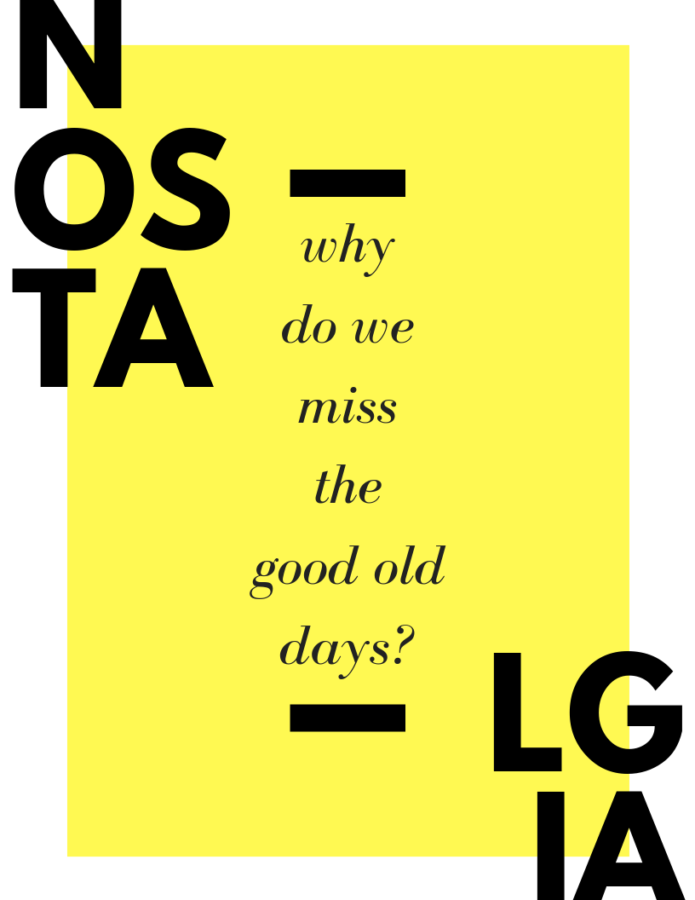‘The good old days’
Why do we miss the good old days? Are they any better than the present?
March 27, 2019
At the forefront of my childhood memories is a quaint little picnic ground affectionately coined the Auburndale Cove by the small East Coast town in which it’s situated. The Cove has a particularly notable place in my heart; there, under a purple-pink-orange painted sky, accompanied by an ever-present scent of smoke and BBQ, was where I created some of my fondest memories. Time came to a standstill at Auburndale Cove. There, it was so easy to be a child.
There, I tossed out scraps of bread to the mallard ducks floating in the lake. There, I explored and excavated sand dunes that seemed to tower over me and everyone else in my vicinity. I climbed across monkey bars; I searched for sticks to roast marshmallows and make s’mores; I traversed the forest behind the picnic tables and watched my friends reach the top of trees that I was always too daunted to climb. The memories I have attached to Auburndale Cove are blurry sepia snapshots, invoking a sense of childhood longing, but of fuzzy quality at best.
If I think about it hard enough, some of my memories make no logical sense. The sand dunes likely weren’t all that tall, and neither were the trees, which probably weren’t located in any sort of forest, and the steel slide that seemed to reach the clouds definitely didn’t reach the clouds. If I were to return to Auburndale Cove today, I, in all likelihood, would not be impressed, and even at the time, I doubt I had as much fun there as I remember. When I look back at Auburndale Cove, I remember it how I want to remember it: through rose-colored glasses, driven by a wistful longing for what my nostalgia dictates was a simpler time.
Nostalgia is a tricky entity. It seeks to make the past seem glossier and happier than it truthfully was. It makes us remember only the highlights of the past, and, when faced with tragedy and hardship, we want to return to those picture-perfect moments of childhood innocence. We want to feel safe and comfortable, and nostalgia presents us with safety and comfort. It’s the phenomenon of ‘the good old days:’ the freedom of the wild west, the roaring ‘20s, the economic boom and nuclear family of the ‘50s. Nostalgic propaganda is presented by everyone, from parents to politicians. Our current president won on the slogan ‘Make America Great Again,’ demonstrating the vast power that nostalgia holds.
But nostalgia only paints half the picture. Nostalgia forgets about death rates and discrimination, riots and rampage, poverty and disease. When discussing the ‘good old days,’ nostalgia conveniently omits Japanese Internment Camps, slavery and anything else that doesn’t fit into its rose-colored vision.
We can and should hold onto our happy memories. We should look back at them fondly and let them propel us into a happier and more optimistic future. But the past isn’t always better, and we should stop insisting that it is. The past was just as bleak as the present is. The only difference is that we’re not living it.









